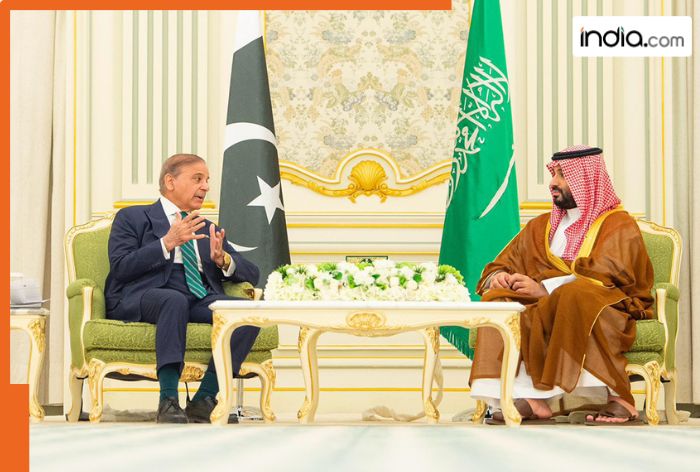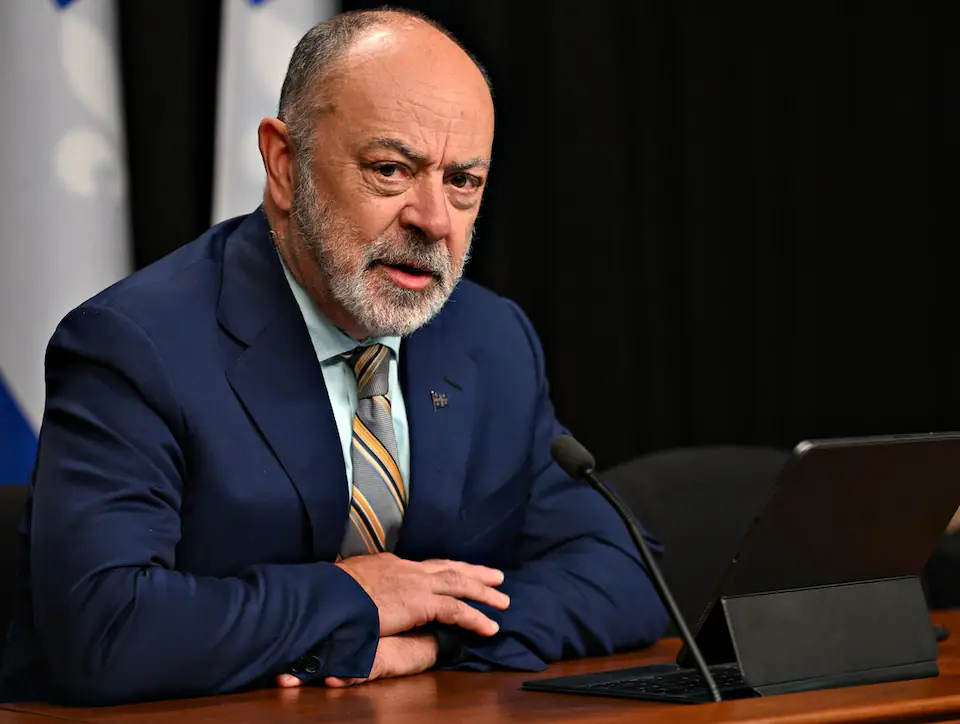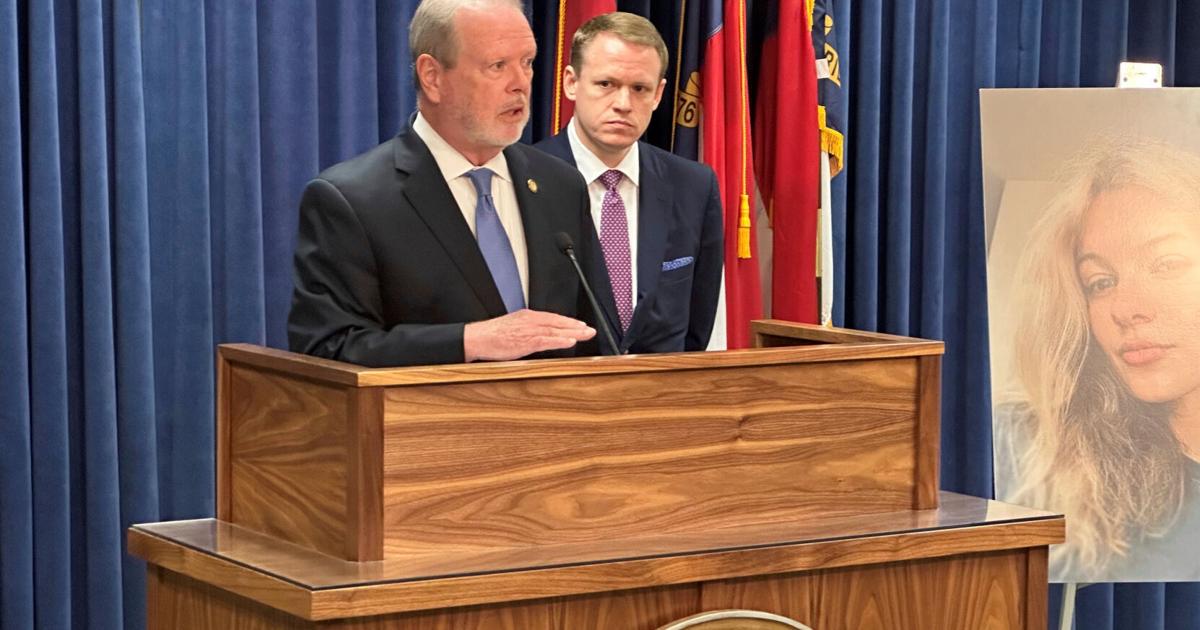Saudi Arabia ‘rented’ nuclear bombs? Major Defense deal with Shehbaz Sharif, plans to establish NATO-style Sunni alliance, bankrupt Pakistan to…
By Sumaila Zaman
Copyright india

Saudi Arabia and Pakistan have signed a Strategic Mutual Defence Agreement pledging that any aggression against either nation would be treated as an attack on both. The agreement was inked during a state visit by Pakistan Prime Minister Shehbaz Sharif on Wednesday to Riyadh at the invitation of Crown Prince and Prime Minister of Saudi Arabia Mohammed bin Salman bin Abdulaziz Al Saud reported news agency ANI.
What is the Saudi-Pakistan defense deal all about?
Saudi Crown Prince Mohammed bin Salman and Pakistans Prime Minister Shehbaz Sharifs momentous agreement signals a significant shift in the Middle East. Saudi Arabia and Pakistan have established a mutual defense pact which is characterized as a NATO-like military alliance. While it is true that this is a bilateral agreement between two countries it captures the same spirit. According to the Pakistan-Saudi Arabia defense agreement an attack on either country will be considered an attack on the other similar to NATOs Article 5 of its treaty that all member nations will defend one another.
One more important feature of this agreement is that it is indicative of Pakistans nuclear stockpile of about 170 bombs which Saudi Arabia has sought for a long time. This brings up some questions: has Saudi Arabia in fact purchased a nuclear umbrella without actually developing its own nuclear capability? In other words has Saudi Arabia rented Pakistans nuclear umbrella?
Why is Saudi Arabia seeking a NATO-style Sunni alliance?
A report by Eurasian Times described it as a smart move to bring Islamic countries closer together especially during a time when Muslim countries in the Gulf have lost faith in security assurances by the US amid Israeli airstrikes on Qatar. After the attacks on Doha Pakistan has already been calling for the Islamic countries to form a NATO-style military alliance. Pakistani Defense Minister Khawaja Asif is openly advocating for it.
For more than 50 years Saudi Arabia and Pakistan have had a close partnership. Saudi Arabia has given Pakistan military economic assistance worth billions of dollars with the total since the 1980s surpassing $30 billion. In exchange Pakistan has sent troops to protect Mecca and Medina Islamic holy cities. In particular Pakistan has trained Saudi troops to combat insurgents.
Following Pakistan’s devastating defeat by India in 1971 and the loss of East Pakistan (now Bangladesh) it initiated a drive to obtain nuclear weapons. However there was an issue around the funding of the nuclear program. At the same time Saudi Arabia surrounded by enemies by the likes Iran and Iraq needed a strong Sunni ally. This led Saudi Arabia to provide financial support for Pakistan’s nuclear program.
In the 1970s when Pakistani scientist Abdul Qadeer Khan was developing Pakistans clandestine nuclear weapons program Saudi Arabia funded a fair amount of it. A confidential arrangement was in place stipulating that if Saudi Arabia were ever under threat Pakistan would provide the weapons. In 2010 reports surfaced that Saudi leaders were discussing the future purchase of nuclear weapons from Pakistan which Pakistan categorically denied though it never provided full clarity.
Conversations about a covert nuclear agreement between Pakistan and Saudi Arabia have continued for some time but events in the Middle East during the past two years have created the necessity for Riyadh to reconsider its options. The urgency of this process has been exacerbated by Israeli actions against Qatar. Saudi Arabia has decided it cannot continue to rely exclusively on US security; it now wants a genuine backup with actual weapons. This is a very considerable setback for the Trump administration.
This pact extends a military shield to Pakistan. The Shaheen-3 missile developed by Pakistan has a range of up to 2750 kilometers. The primary beneficiary however is Saudi Arabia. Pakistans possession of nuclear weapons provides Saudi Arabia with a powerful deterrent against its adversaries all while avoiding the trouble and hassle of building its own weapons dealing with UN inspections and handling any potential domestic turmoil. In return for its military support the cash-strapped Pakistan can expect approximately $5–10 billion in new deals that should help ease its $100 billion debt burden. This will not only benefit Pakistan financially but also is a way for Saudi Arabia to continue to assert its leverage over Islamabad. In this way Saudi Arabia has essentially obtained a nuclear umbrella without acquiring nuclear weapons.



